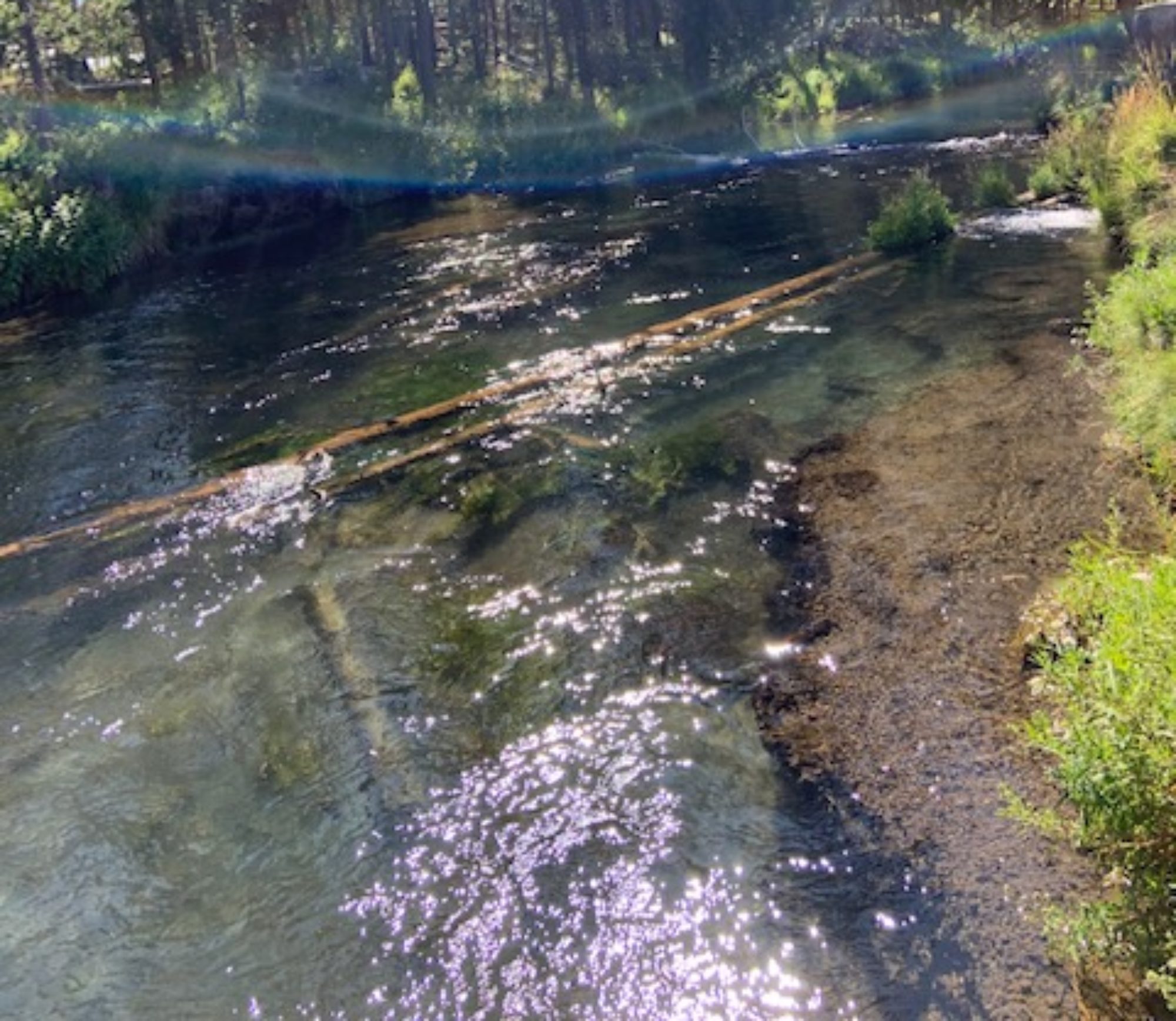Sitting on my father’s knee prior to my fourth birthday, I told him that if he kept living his life as he was, he would get curses. Of course I don’t have a memory of this conversation, but I have heard the story proudly recited over and over throughout my life, as if my young self was capable of connecting the dots between ‘bad’ behavior and negative outcomes, or that I was some messenger delivering a sacred warning. It is far more likely that I was repeating what I had heard spoken in hushed voices. It could have even come from the children’s bible stories that my grandpa read to me each night, or the discipline that came about as a result of my own infractions. It was probably a combination of all of these things. The point is, I learned early that if you do ‘bad’ stuff, then bad stuff happens to you.
I carried this forward in my own parenting – planting, watering, and fertilizing the creed that “You get what you give.” I do believe there is a certain amount of truth to this principle, but I do not believe it is absolute, or that it exists in a vacuum. Is there a measurement of ‘bad’ that produces negative outcomes, like a behavior chart in a classroom? You do x and your name goes on the board, y and you lose your recess, z and you get a phone call home? Life is not that simple.
This whole concept became an obstacle for me when Blake passed away. Combined with the triggered grief over my biological mother’s abandonment of my toddler self, I carried the burden that I somehow brought these events on myself. A few months ago, I cried out, “What in the hell could I have actually done to bring these painful events, this incredible suffering, on myself!?! Am I such a horrible person, either in this life or some previous life, that I deserve to endure this pain?” These thoughts played over and over in my head. When I finally said them out loud, my husband just looked at me, astounded. He reassured me that my actions had nothing to do with these events.
As we talked, or processed out loud together, I came to the conclusion that the idea that I could even have such power to cause events like this is a narcissistic-like thought process. While we are all connected, and actions have ripple effects, my actions did not directly cause my mother to turn her back on me or my son to become addicted and to suffer a fatal overdose. Living in a society that promotes individualism infers a sense of responsibility when something good, or bad, happens, like we somehow bought the ticket for the outcome we are experiencing. Rather than it being solely my actions or carelessness, these specific outcomes are more likely the result of decisions, deeds and misdeeds, and disregard spread over a period of generations throughout society. Sayings like ‘the apple doesn’t fall far from the tree’ are grossly inaccurate and harmful.
I see this whole concept of karma and receiving blessings or tribulations, not only as individual benevolence or immorality, I see it, more than ever, as outcomes of the whole. One person can toss a stone, maybe even a large rock into the water, but when all of society is contributing, the ripple goes further, the splash is bigger, and more people get wet. It doesn’t matter their role. They may have tossed a pebble, a stone, or a rock. They may have stood by watching or just been passing by. They may have had a loved one who was involved in some way.
We are all obligated to ourselves and to each other. We get what we give. We reap what we sow. Does that mean that you can slack, or I can give up because someone else does? Absolutely not. In fact, it means that you and I have to give more, that we have to try harder, that we need to find out why our neighbor is struggling. While we are responsible for ourselves, we are also responsible for each other and for future generations. We teach this by living it. And when something bad happens to us, we suffer the consequences – together – and hopefully we try, with deep conviction, to fix whatever it is that brought us to this place.
